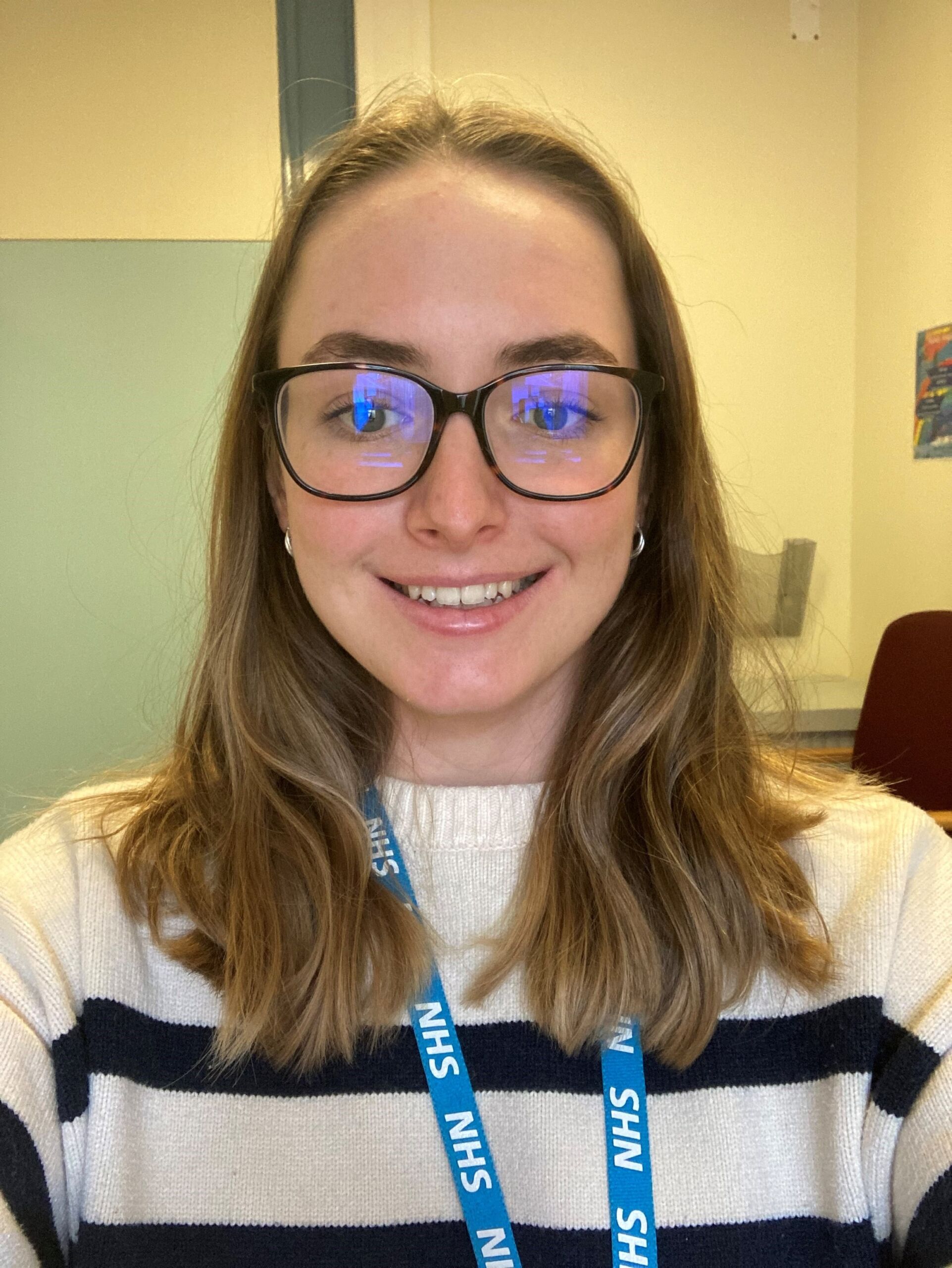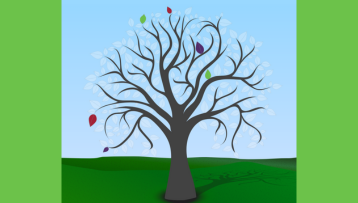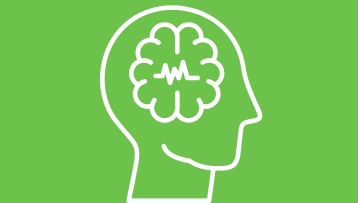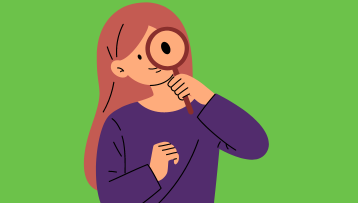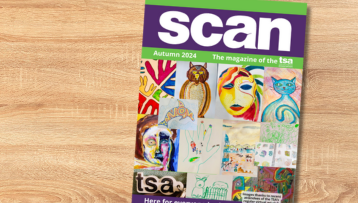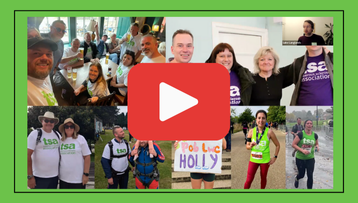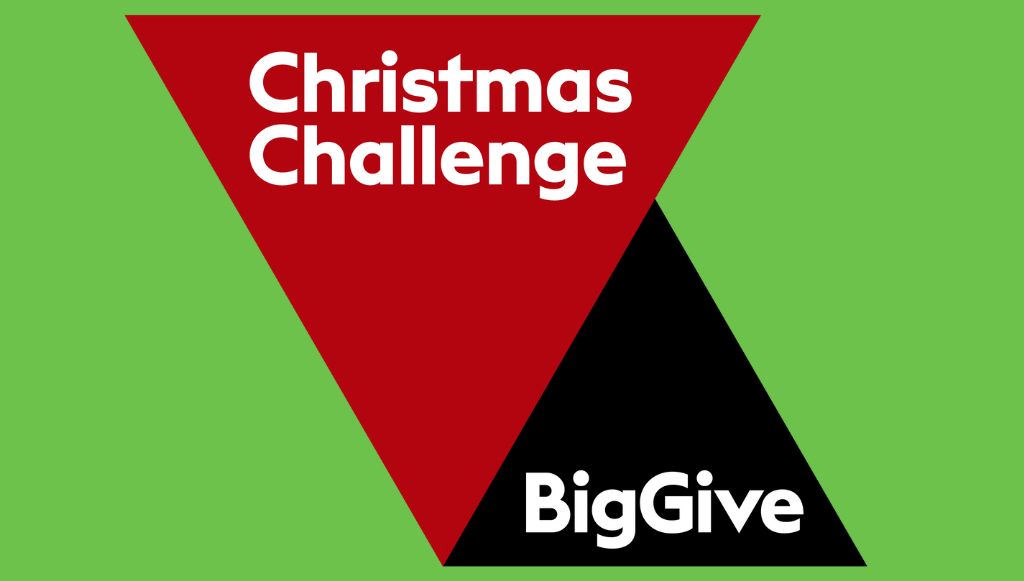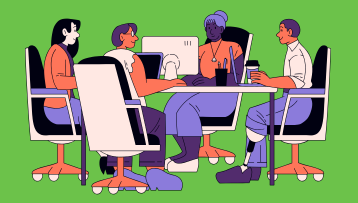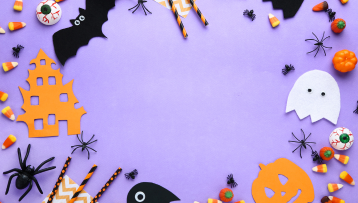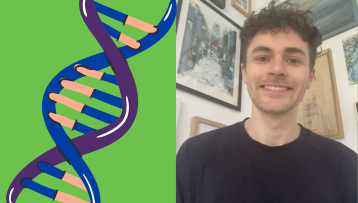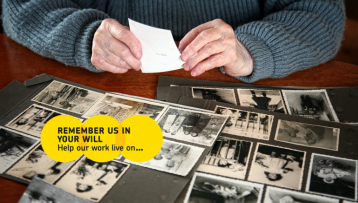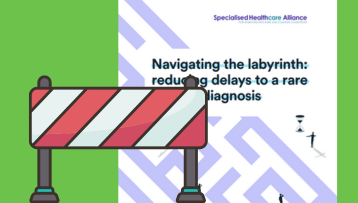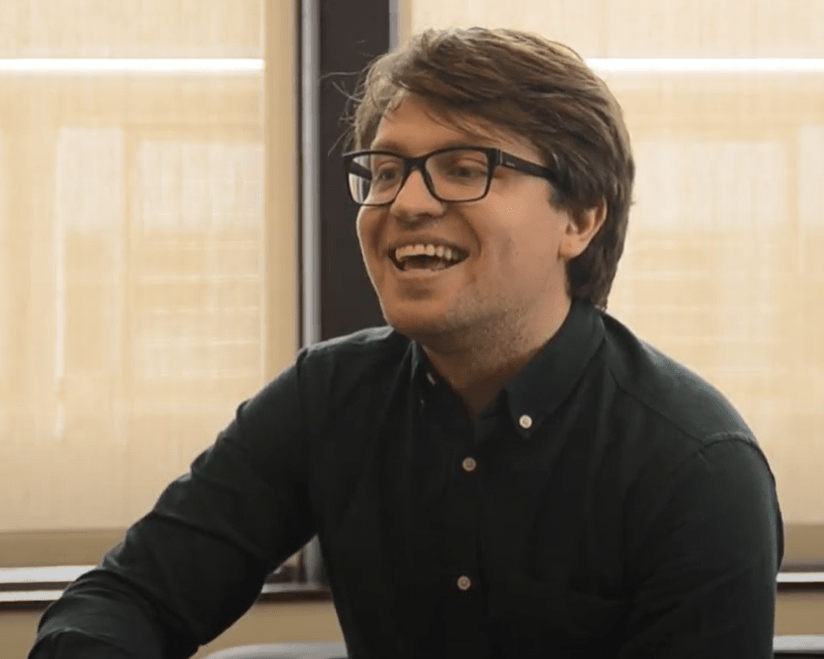TS2000 is a landmark study that’s tracking how TSC develops throughout a person’s life. It’s hoped that TS2000 will help to identify factors that contribute to the way that intellectual, cognitive and psychological challenges happen in TSC. The study is now entering a new phase, with the researchers looking for young adults with TSC to get involved.
TSC researcher Kate Fifield spoke to us about her role in the TS2000 study. Kate is a PhD researcher based in Dr Charlotte Tye’s group at King’s College London:
“Having joined the TS2000 study team, I’ve realised how amazing these longstanding projects are. It is only due to the commitment and hard work of the families participating in the study that allows this important research to continue. Having previously worked in an NHS children’s hospital’s rare genetic disease neuropsychology department, I have seen the dedication of these families to drive research and make their voices heard.
I am very excited to be helping in designing the next phase of the TS2000 study as the participants have now reached young adulthood. Young adulthood can be an exciting time in a person’s life, but it can also be very challenging. Previous research has suggested that young adults with health conditions may face greater difficulties during this time, such as anxiety or low mood. Yet, the wellbeing and experiences of young adults with TSC has had little attention.
The aim for the next phase of the TS2000 study is to try and understand what day-to-day life looks like as a young adult with TSC, including the opportunities available and the challenges faced. We want to try and give the young adults a way to have their voices heard and so we are looking into using a new type of smartphone app to do this. This will hopefully lead to a better understanding of what support should be provided for young adults with TSC as they navigate this period of their life.”
If you would like to hear more about the TS2000 study and how you can participate in the next stage, please visit our website here.
